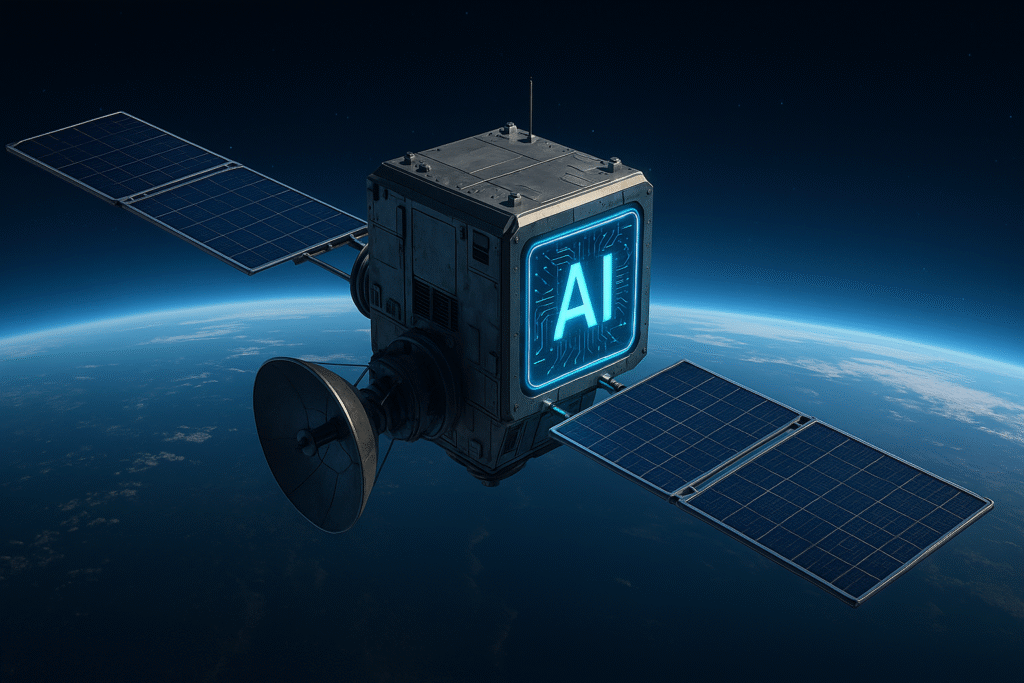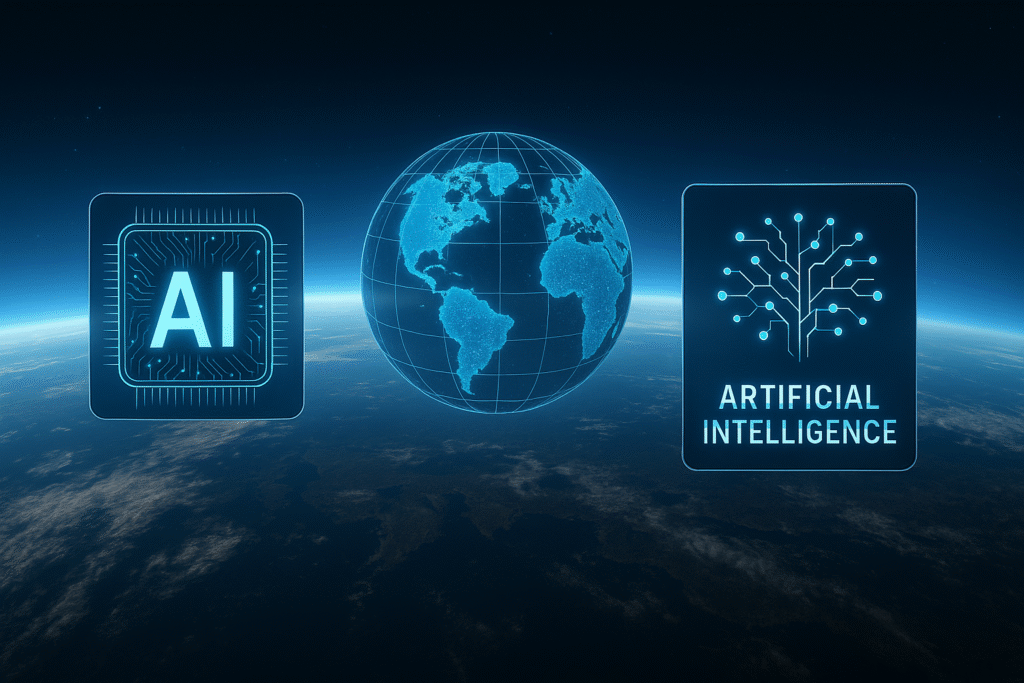5 Revolutionary Facts About China’s Space-Based AI Supercomputer Unveiled in 2024
In early 2024, China unveiled one of its most futuristic projects yet—a space-based AI supercomputer. This ambitious leap merges artificial intelligence and satellite technology to transform space operations and Earth-based analytics.
1. What Is China’s Space-Based AI Supercomputer?
China’s space-based AI supercomputer is a next-generation orbital processing unit designed to perform advanced computations directly in low Earth orbit (LEO). It’s equipped with artificial intelligence capabilities capable of real-time Earth observation, pattern recognition, and satellite coordination—without needing ground station processing.
2. Why Launch an AI Supercomputer into Space?
One of the primary motivations is reducing latency. Traditional satellite systems depend on Earth stations to process data. By processing data in orbit, China can respond to events—natural disasters, defense surveillance, or scientific observations—at unprecedented speeds.
This is also a strategic move. A supercomputer in space can operate independently of terrestrial networks, offering national security advantages.
3. The Technology Behind the AI Supercomputer
The supercomputer reportedly uses China’s proprietary chips optimized for AI tasks, neural network accelerators, and quantum encryption for secure data transmission. It is also powered by advanced solar arrays and features radiation-hardened components to withstand the harsh space environment.
According to Space.com, the system can perform 10 petaFLOPS of processing—enough to analyze high-resolution Earth imagery in seconds.
Innovations Worth Noting
- Onboard machine learning inference
- Real-time communication with other Chinese satellites
- Autonomous decision-making for space missions
4. Global Implications and Concerns
This launch has stirred global discussions. While it showcases technological brilliance, experts are debating the ethical and security implications. Will space become the next AI battlefield?
Researchers from CNAS warn that militarized AI in orbit could lead to unforeseen confrontations, while others see it as a model for disaster prediction and global climate tracking.
5. The Future of Space-Based AI Systems
This project is just the beginning. China’s long-term vision includes a full constellation of AI-enabled satellites forming a “SkyNet” for intelligent global coverage. This could eventually replace ground-based data centers for space applications.
Other countries, including the U.S. and India, are expected to follow suit in the coming decade.
Also read: Space-Based AI vs. Ground-Based AI: A Comparative Review
Conclusion
China’s Space-Based AI Supercomputer represents a paradigm shift in global computing and aerospace strategy. It’s not only a technological marvel but also a geopolitical statement. As the world watches this space race evolve, one thing is certain—AI is no longer confined to Earth.




Pingback: Whispers from the Edge: 1.Could We Hear the Universe Before the Big Bang